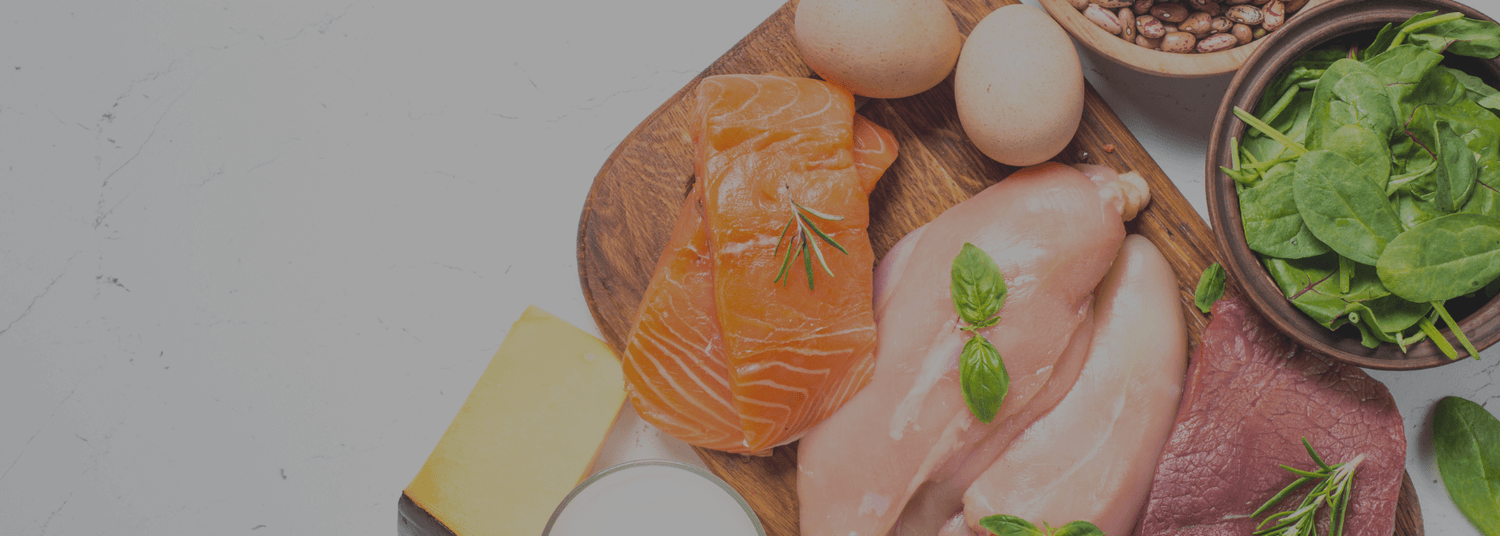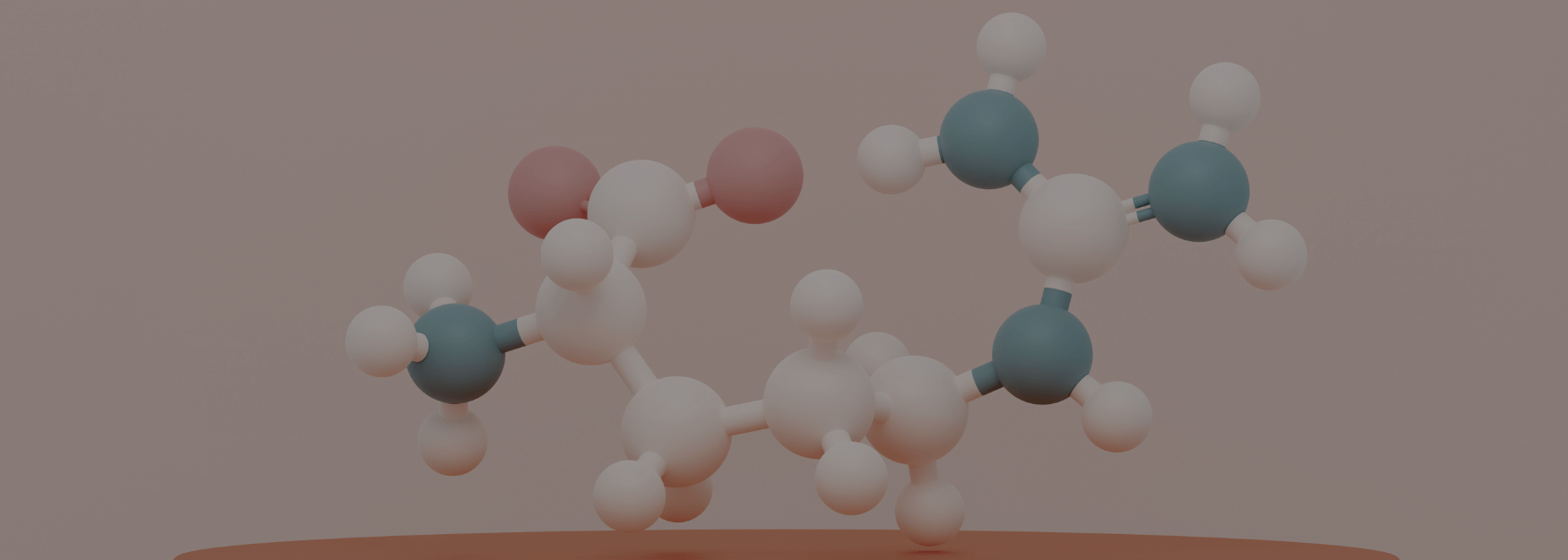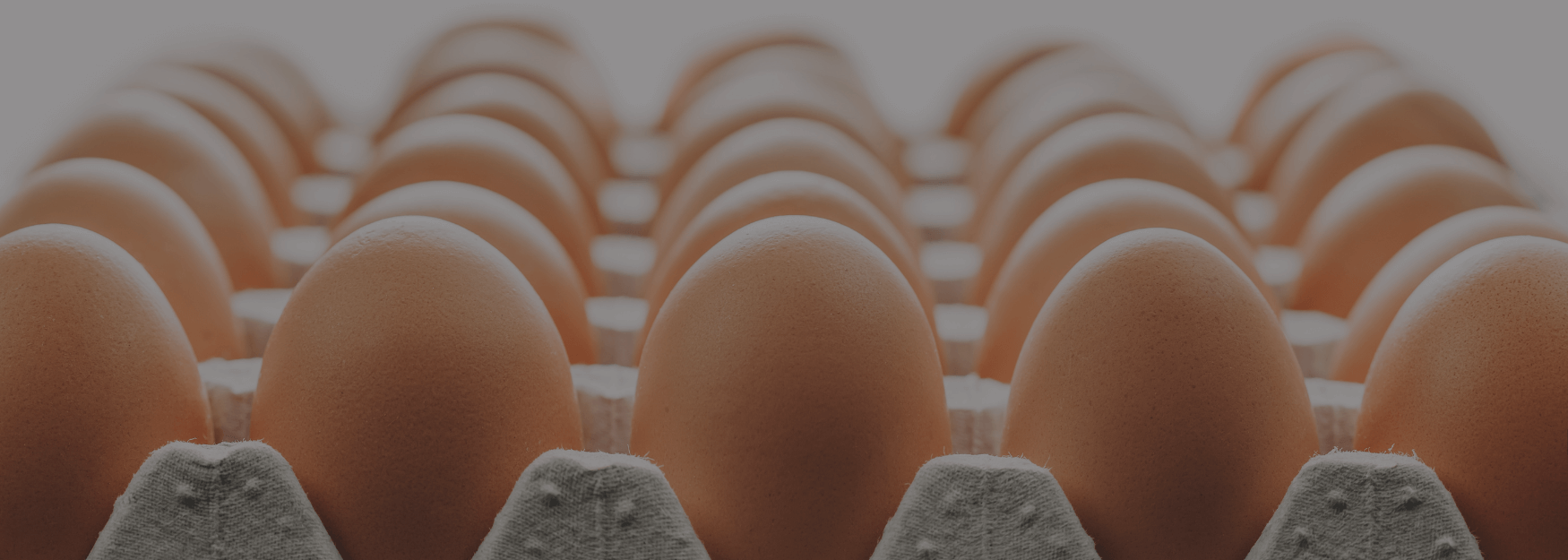Proteins: Functions, Needs and Protein-Rich Foods
Proteins are the building blocks of our body and an essential part of a balanced diet. But how much protein do you actually need? In this blog, we discuss the importance of protein, how much you need daily, protein-rich food options, and tips for optimal protein intake. We also discuss the specific protein needs of endurance athletes.
What Are Proteins?
Proteins are made up of amino acids and support many functions in the body, including growth, repair and maintenance of muscles, bones, skin and hormones. Of the approximately 500 amino acids, 20 are present in human proteins, nine of which are essential, meaning that the body must obtain them from food.
How Much Protein Do You Need?
The recommended protein intake varies from person to person and depends on factors such as:
- Age : Young people need extra proteins for growth.
- Gender : Pregnant women have a higher protein requirement.
- Weight : Higher weights require more protein.
- Activity : Athletes, especially strength athletes and endurance athletes, have an increased protein requirement.
- Diet : Vegetarians and vegans generally need more protein due to the lower biological value of vegetable proteins.
For healthy adults, 0.83 grams of protein per kilogram of body weight is recommended, and for endurance athletes this can range between 1.2 and 1.6 grams per kilogram.
Specific Protein Requirements for Endurance Athletes
For endurance athletes, such as runners and cyclists, proteins are important for recovery and muscle maintenance, even though the focus is often on carbohydrates. Recommended protein intake for endurance athletes is 1.2 to 1.6 grams of protein per kilogram of body weight.
Functions of Proteins
Proteins play a versatile role in our body:
- Building material : Supports cell structure and repair.
- Energy source : Proteins can serve as fuel.
- Muscle growth and recovery : Important for muscle growth and recovery.
- Bone health : Contribute to strong bones.
- Satiety : Proteins can promote a feeling of satiety.
Protein Rich Foods
Both animal and plant protein sources offer many options:
- Animal proteins : Meat, fish, dairy.
- Vegetable proteins : Legumes, nuts, seeds.
For vegetarians and vegans, it may be beneficial to consume more vegetable proteins due to their lower biological value.
7 Tips for Protein Intake
- Calculate your protein needs with a protein calculator.
- Track your intake to see if you're meeting your goals.
- Add protein to your breakfast.
- Choose protein-rich snacks, such as nuts and hummus.
- Add protein to salads.
- Include protein at every meal.
- Use protein shakes as a supplement.
What If You Eat Too Much Protein?
Excess protein is excreted, but extremely high protein intake can be taxing on the liver and kidneys. Consult a dietician if you have any questions.
Conclusion
Proteins play an important role in a healthy diet. Whether you exercise or just want to eat healthy, getting enough protein is essential. Vary your protein sources and find out what works best for your body. If you have any questions, a dietician can offer advice.




Leave a comment
All comments are moderated before being published.
This site is protected by hCaptcha and the hCaptcha Privacy Policy and Terms of Service apply.